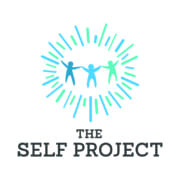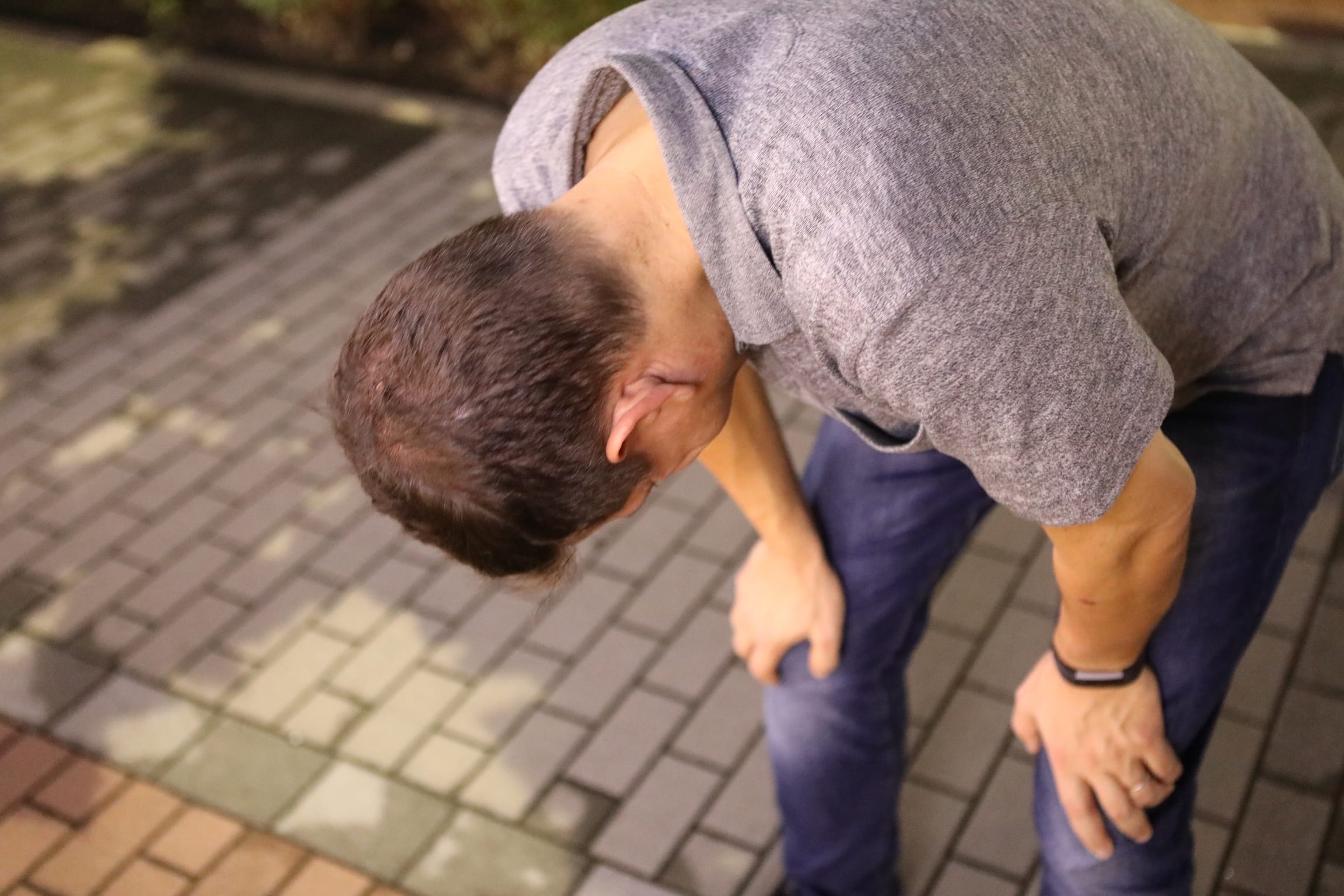Helping Kids Combat Their Inner Critic
We all have an inner monologue, and sometimes it can be quite nasty – especially if we have just said or done something we wish we could take back. Teens and tweens are particularly susceptible to this kind of self-talk, especially since they are also hearing criticism (both constructive and harsh) from many different corners of their lives. When the adults around you are concerned with helping you grow up safe and strong and smart, they can feel as though it’s their job to point out how you can improve yourself. Often, this translates into self-criticism when they’re alone and it can be destructive if they don’t know how to handle it.
Here are three ways adolescents can learn to mitigate some of the constant chatter going on in their heads.
1. Practice radical acts of self-kindness – Ask your child/student how they would talk to a trusted friend who makes a mistake. Often, we are much more forgiving of others than we are of ourselves, but it is important to extend ourselves the same kindnesses we offer to others. Would you berate or belittle a friend who messed up or would you remind them that it’s okay to make mistakes and that things will be okay? Sometimes it feels strange to talk to ourselves in a comforting way, but I am a strong believer in the “fake it ’til you feel it” school of habit-forming.
2. Remember, you’re only human – Avril Lavigne sings a song called “Everybody Hurts,” and while it is about a sad breakup, there are a few lines that resonate with me every time I hear them.
Everybody hurts somedays
It’s okay to be afraid
Everybody hurts, everybody screams
Everybody feels this way, it’s ok
Even if you feel like the only person who has ever screwed up like this, you’re not. And it pays to remind ourselves that we will never be perfect and that we aren’t alone. Your child is special and unique, but not inhuman. Nobody’s perfect.
3. Call that inner voice out when it’s bullying you – It may seem trivial, but when you notice that your inner critic is shaming and blaming you, it’s important to notice. Stop for a beat and say to yourself, Dang! I’m really beating myself up right now! Often, that is enough to interrupt the lecture you’re giving yourself and pull you out of that place where you’re cowering in your own mind so that you can begin to stand up for yourself.
Self-kindness is important to learn at any age, but especially during the adolescent years when the brain is incredibly receptive to emotional onslaughts and when it can build resilient neural pathways. The earlier we can all recognize our tendency to be hard on ourselves and shift those thinking patterns, the better.








Leave a Reply
Want to join the discussion?Feel free to contribute!